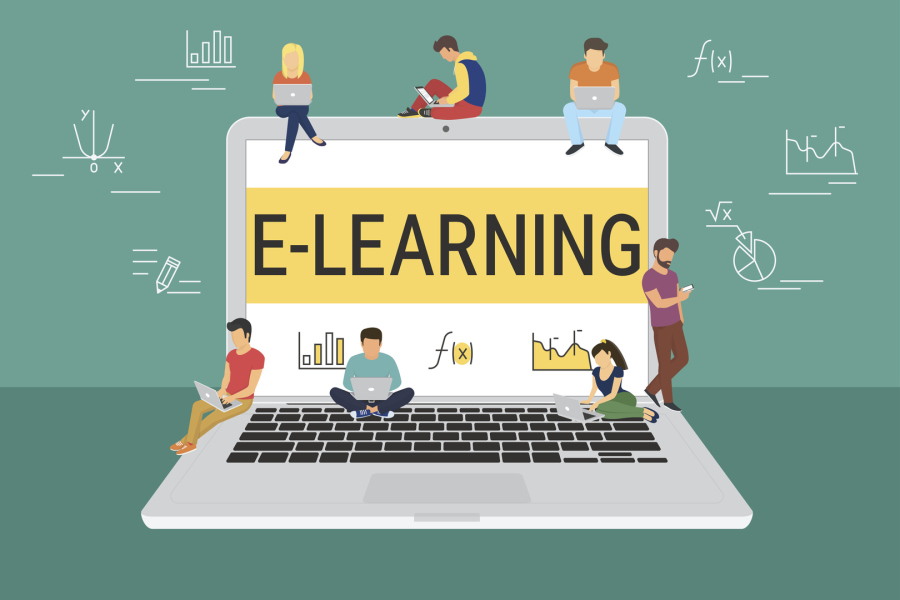Online Learning vs. E-Learning: What's the Difference?
Online learning and e-learning are often used interchangeably, but there is a subtle difference between the two terms. Online learning refers to any type of learning that takes place over the internet, while e-learning is a more specific term that refers to the use of electronic technologies to deliver instruction. In other words, all e-learning is online learning, but not all online learning is e-learning. For example, a college course that is delivered entirely through video lectures and online discussion forums would be considered e-learning, while a course that is offered in a blended format, with some face-to-face instruction and some online instruction, would be considered online learning.
In other words, all e-learning is online learning, but not all online learning is e-learning. For example, a college course that is delivered entirely through video lectures and online discussion forums would be considered e-learning, while a course that is offered in a blended format, with some face-to-face instruction and some online instruction, would be considered online learning. Here is a table that summarizes the key differences between online learning and e-learning:
Here is a table that summarizes the key differences between online learning and e-learning:
However, there are also some challenges associated with online learning and e-learning. One challenge is that it can be difficult to stay motivated and engaged when learning from a distance. Another challenge is that it can be difficult to build relationships with instructors and classmates.
Despite these challenges, online learning and e-learning are becoming increasingly popular. They offer a convenient and affordable way to learn, and they can be a great option for students who have busy schedules or who live in remote areas.
Here are some of the benefits of online learning:
- Flexibility: Online learners can study at their own pace and time, from anywhere in the world.
- Convenience: Online learning can save learners time and money on transportation and childcare.
- Accessibility: Online learning is accessible to people with disabilities and those who live in rural areas.
- Personalization: Online learners can choose courses that match their interests and learning styles.
- Interaction: Online learning can offer a variety of interactive features, such as discussion forums, live chat, and video conferencing.
- Cost-effectiveness: Online learning can be more affordable than traditional classroom instruction.
Here are some of the challenges of online learning:
- Self-discipline: Online learners need to be self-motivated and disciplined in order to succeed.
- Technology: Online learners need to have access to a computer and the internet.
- Lack of interaction: Online learners may miss out on the social interaction and support that is available in traditional classrooms.
- Technical problems: Online learners may experience technical problems, such as slow internet connections or website crashes.
Overall, online learning can be a great option for learners who are looking for a flexible, convenient, and affordable way to learn. However, it is important to be aware of the challenges of online learning and to take steps to overcome them.
I hope this article has been helpful. If you have any further questions, please let me know.



































